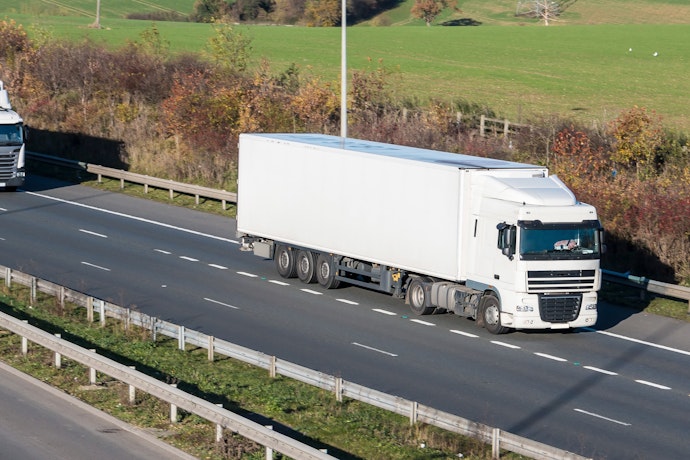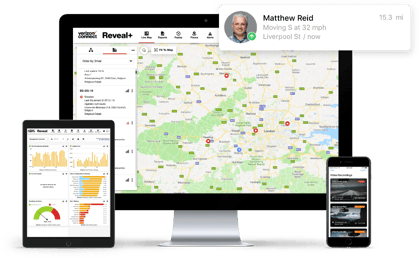9 Secrets to Reducing your Fleet Expenses
As a fleet owner, your day-to-day costs can quickly add up. What you don’t know is there are further hidden, expensive...
Read more
The haulage industry has never been without its challenges. Handling multiple shipments across various locations, battling fluctuating fuel costs and striving to ensure safety and compliance is no easy task. Trying to do all this in an industry with famously high operating costs makes the task even more difficult.
In recent years, new challenges have arisen – from driver shortages, increasing tachograph regulation and the potential impact of Brexit to name just a few.
Brexit alone has been predicted to cost the UK logistics industry £6.7bn in the event of no deal while rising fuel costs continue to stretch already tight margins – just 4% in 2017 across the top 100 hauliers in the UK. With costs on the rise, up 6.31% in 2018, these margins look set to get even tighter.
So, what can haulage companies do to keep a handle on costs and increase the profitability of every job? As is often the case, technology holds the answer.
GPS fleet management technology can help haulage companies to reduce fuel consumption, improve efficiency and lower fleet costs in a number of ways.
Improved routing, considering live traffic information, can help to reduce excess mileage and time spent behind the wheel and potentially bring down fuel consumption. With enhanced routes, it may be possible to add additional jobs into the working day without hiring additional resources.
Monitoring wasteful behaviours is another effective way to lower fuel consumption. Idling for just two minutes can use the same amount of fuel as one mile of driving. So even if your drivers only do five drops per day, leaving the engine running for two minutes a time, across a fleet of ten, that’s equivalent to driving an extra 50 miles every single day.
Find the right solution for your business with our free Fleet Management Buyer’s Guide.
By tracking instances of other uneconomical behaviours too, like speeding and harsh acceleration, you can coach drivers into safer and more fuel-efficient driving styles to potentially lower MPG across your fleet. This information can be presented in the form of driver scorecards, which are ranked in a league table – the more economical the driver, the higher they climb in the rankings.
There are savings to be made outside of fuel too. Haulage companies create all manner of job tickets, dispatch paperwork, timesheets and the like, every working day. While logging job information is unavoidable, doing so manually is far from the most efficient approach.
A comprehensive fleet management system logs information on key events in your business such as engine on and off time and site arrival and departure time. This data can be used to minimise paperwork and automate previously time-consuming processes – timesheets, payroll and billing, for example.
Finally, a fleet management solution can also help to protect against freight theft – something that is expected to cost the UK economy up to £250m a year. By placing geofences around permitted routes and unauthorised areas, you can receive alerts whenever a vehicle is operated outside of an agreed location. In the event of theft, GPS location data can be used to track and potentially recover your stolen vehicle and cargo.
GPS fleet management technology is already helping businesses in the haulage industry to increase efficiency and lower operating costs.
To find out how GPS fleet management technology can help to reduce your costs, why not sign-up for a short demo?
Tags: Vehicle maintenance, Team management, Safety, Productivity & efficiency, Dispatching & scheduling, Routing, Compliance, Cost control



Find out how our platform gives you the visibility you need to get more done.
As a fleet owner, your day-to-day costs can quickly add up. What you don’t know is there are further hidden, expensive...
Read moreVerizon Connect Reveal tracks the fleet data that can have a big impact on your business. These are things like where...
Read moreAt Verizon Connect, we can only provide the highest possible level of service to fleet managers and business owners by...
Read moreReveal tracks the fleet data that can have a big impact on your business. These are things like where your vehicles are...
Read more